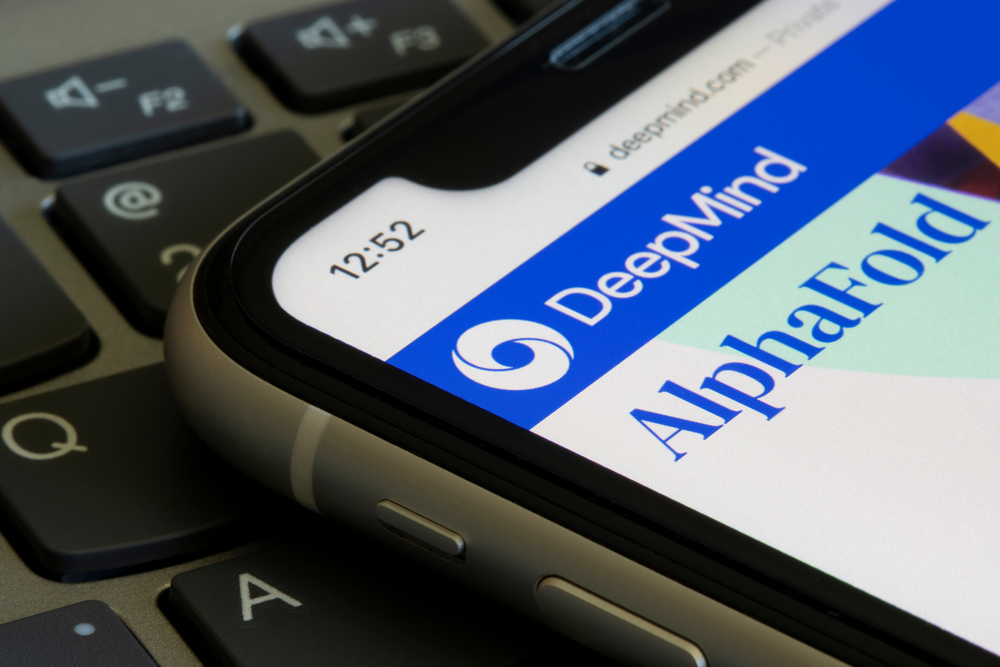Alphabet’s DeepMind Research Lab, among other things, improves Google services using artificial intelligence technologies. Representatives of the division told how their developments helped make YouTube better and more convenient.

During the COVID-19 pandemic, internet traffic has grown as expected, so more efficient video compression has become a priority. Developers from DeepMind and YouTube explored the potential of the MuZero artificial intelligence model to improve the VP9 codec, an encoding format that allows video to be compressed and transmitted over the Internet. Using this technology, it was possible to demonstrate a decrease in bitrate by an average of 4%, says 4PDA. As a result, it was possible to reduce Internet traffic, data usage and the time required to download videos.
NIX Solutions notes that since 2018, DeepMind has partnered with YouTube to better inform content creators about what types of videos can generate ad revenue. To that end, a Label Quality Model (LQM) has been developed to help label videos more accurately, in line with YouTube’s ad optimization guidelines. This improved the accuracy of in-video ads and, according to the developers, increased the credibility of the platform for viewers, content creators, and advertisers.
In addition, DeepMind employees have a hand in adding chapters to videos. Together with the YouTube team, they developed an artificial intelligence system that can automatically process video and audio transcripts, suggesting segments and chapter titles for content authors.
